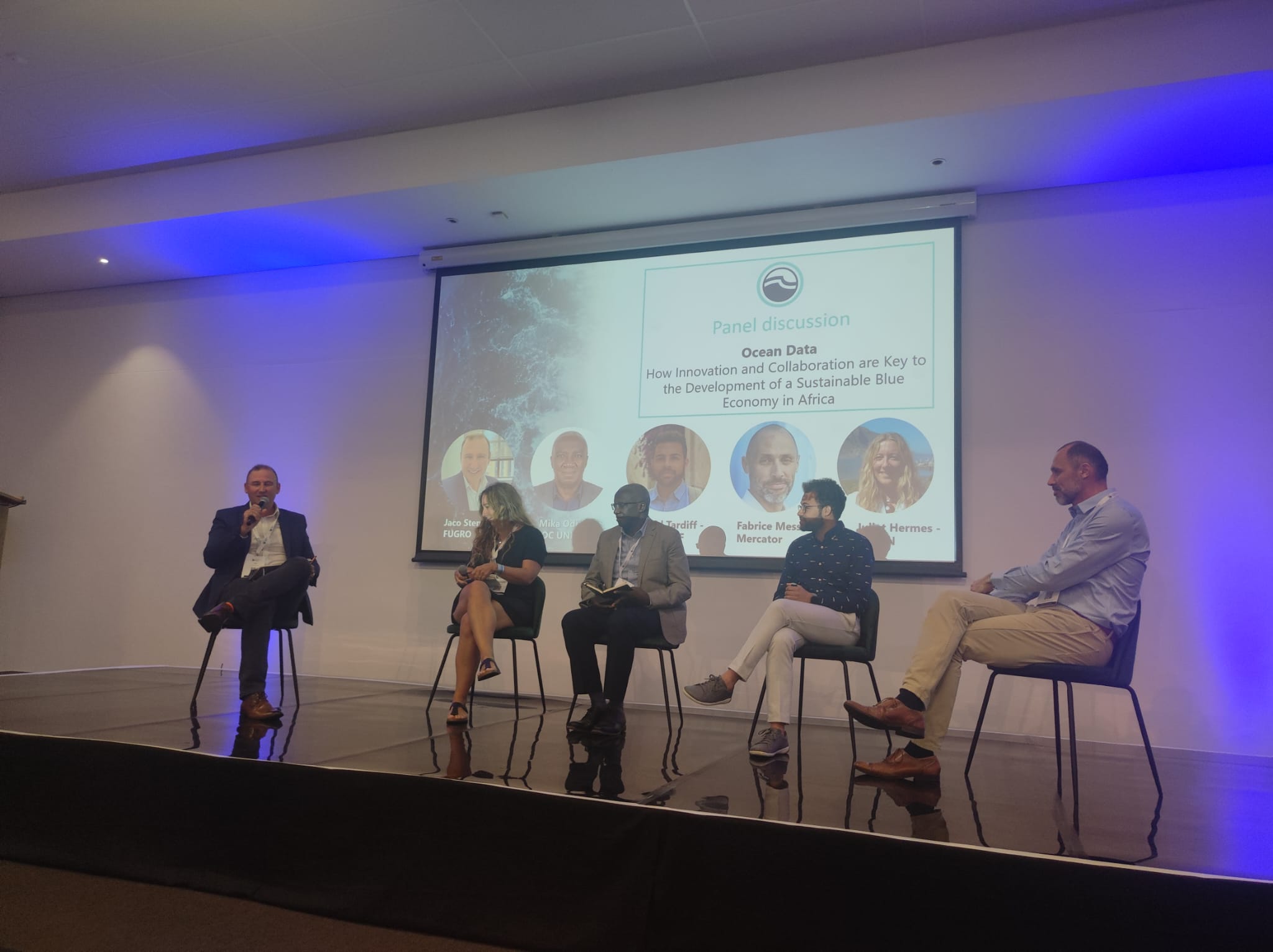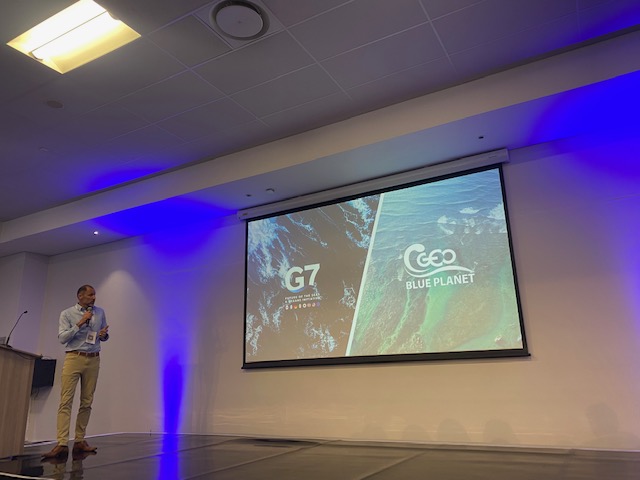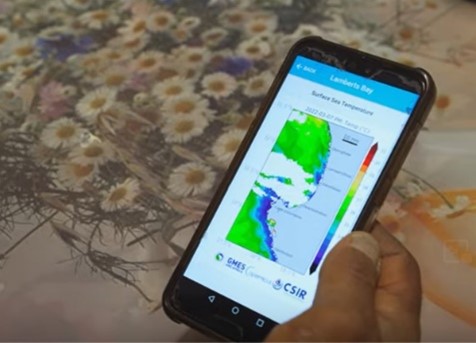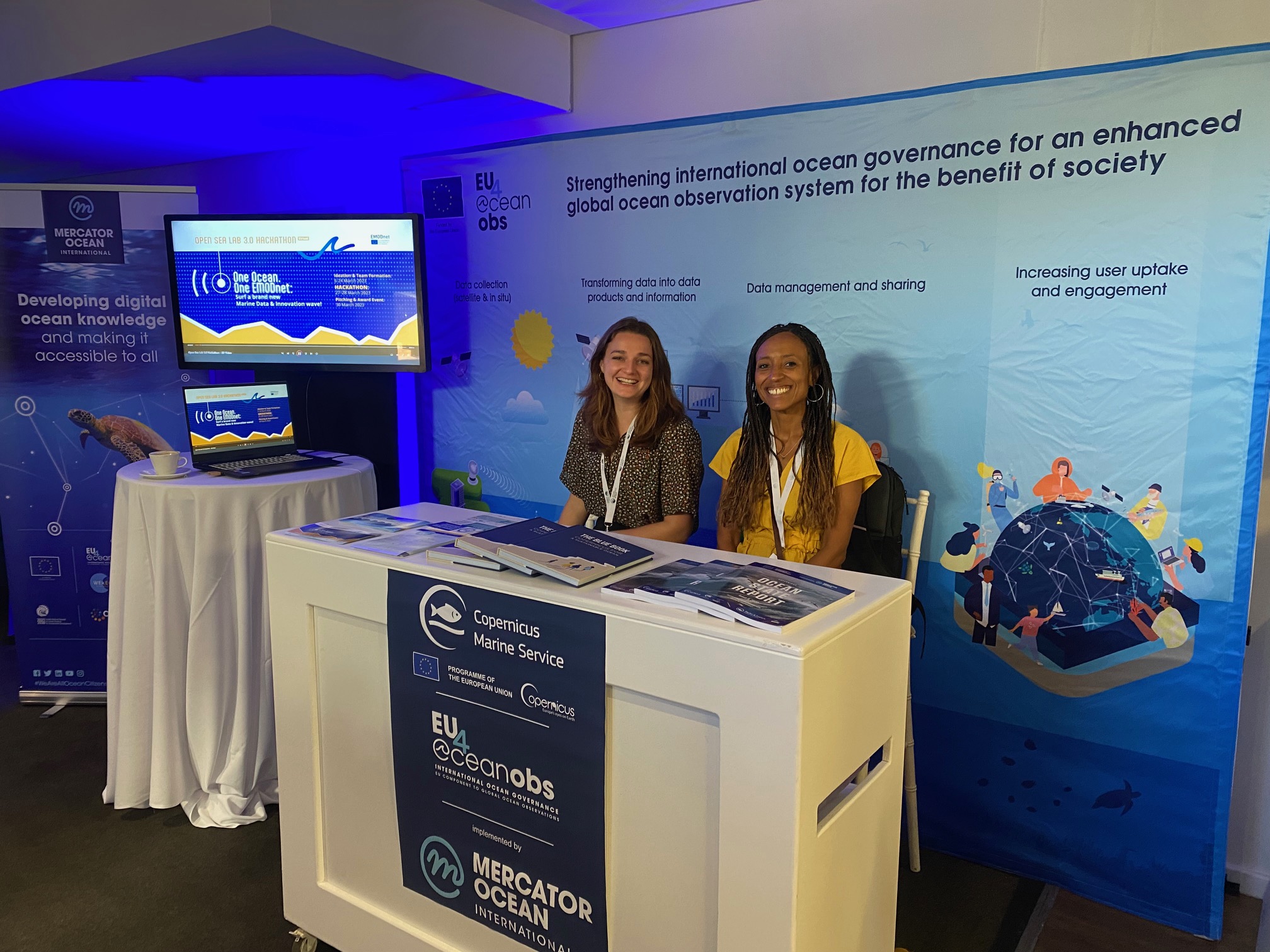The Ocean Innovation Africa (OIA) is an annual event focused on showcasing entrepreneurship and innovation in blue economy sectors across Africa, with emphasis on sustainability and nature-based solutions. This year, the event took place from 21 to 24 February 2023 in Cape Town, South Africa gathering more than 500 delegates from 59 countries, with 90% of participants emanating from African countries.
The event welcomed participants from across the blue economy spectrum, including representatives from government ministries and agencies of several African states, start-ups, companies, fin tech investors, research institutes and universities, international bodies (IUCN, IOC UNESCO, the World Bank, World Economic Forum), regional bodies (WIOMSA, the Indian Ocean Commission) and NGOs.
Driven by a philosophy of accelerating innovation to create a positive impact on our oceans and coastal communities, OIA 2023 offered a main stage for over 20 start-ups to showcase their ocean-minded initiatives, addressing climate change, pollution or over-exploitation of marine resources. Innovative applications highlighted covered topics from producing commercial products from seaweed to sustainable fisheries and aquaculture, to circular economy solutions for plastics and waste in coastal areas.
For video recordings of sessions during the event, click here.
OIA 2023 served as the Ocean Race Summit this year, purposefully coinciding with the round-the-world sailing race “the Ocean Race” stopover in Cape Town. An important element of the Ocean Race’s Racing with Purpose sustainability programme, the Ocean Race Summit serves to accelerate action for our marine world by helping to drive new and improved policies around the major issues affecting the ocean and advance support towards Ocean Rights. In line with the racing with purpose ethos, during the 32,000-mile-long Ocean Race 2022/2023, 4.3 million measurements of essential ocean parameters will be taken and more than 400 samples of marine litter will be collected.
EU4OceanObs in its drive to support the increased collection, sharing and use of ocean observations for the benefit of society participated in OIA 2023 as a sponsor, supporting the plenary session on Data, Exploration and Security and animating a stand at the Ocean-Impact Exhibition.
Some highlights
Useful links
- Ocean Innovation Africa website: ocean-innovation.africa
- Ocean Innovation Africa Replays 2023 on Youtube: www.youtube.com/@oceaninnovationafrica3547
- Copernicus Marine Service at Ocean Innovation Africa 2023 marine.copernicus.eu/news/ocean-innovation-africa-what-keep-mind
- IUCN Great Blue Wall Initiative: an Western Indian Ocean (WIO)-led, African-driven roadmap to achieve a nature-positive world by 2030 and respond to the interconnected crisis of Biodiversity-Climate-Economy with three clear objectives to be achieved by 2030. www.greatbluewall.org
- WIOGI: West Indian Ocean Governance Initiative (supported by Germany in partnership with the Nairobi Convention: www.nairobiconvention.org/nairobi-convention-projects/wiogi/project-components/
- UK and South Africa Tech Hub: Plastics Innovation and Circularity Challenge during OIA 2023: thegreentimes.co.za/the-litterboom-project-wins-plastics-innovation-and-circularity-challenge/



